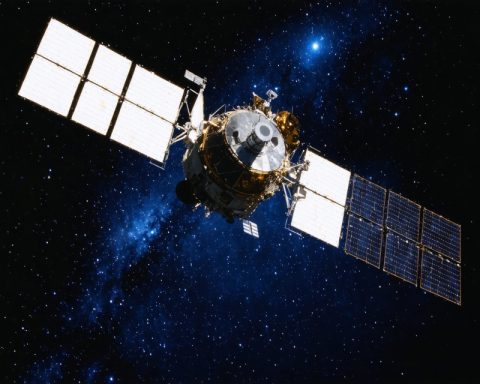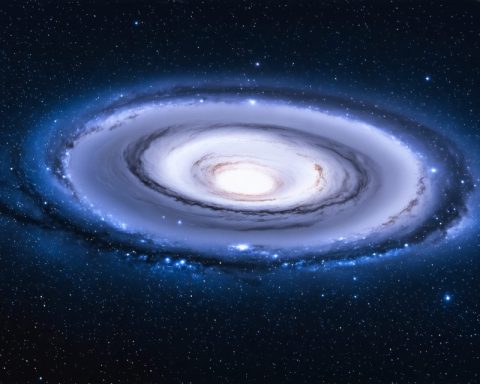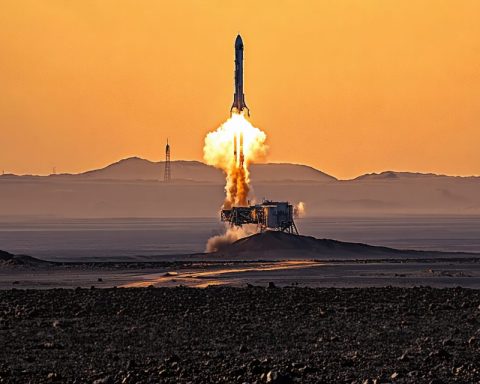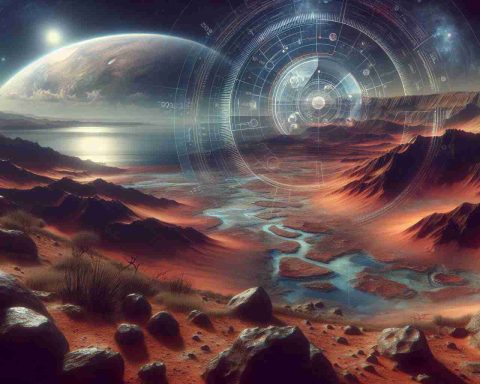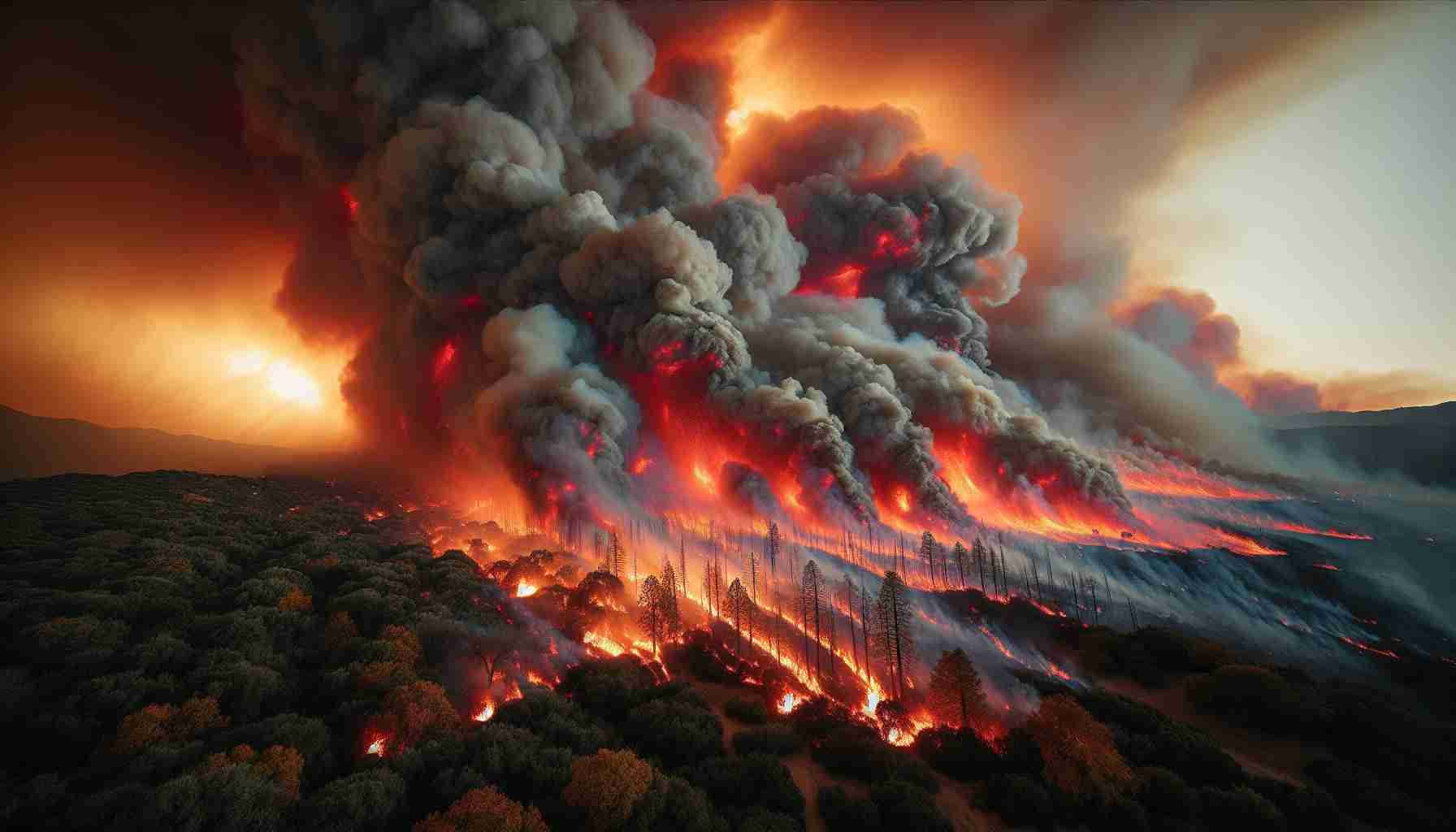Cosmic Expansion
Cosmic expansion refers to the phenomenon in which the universe is undergoing a continuous expansion, resulting in the increasing distance between galaxies over time. This concept is a fundamental aspect of the Big Bang theory, which posits that the universe began as a singular, hot, and dense point approximately 13.8 billion years ago and has been expanding ever since. The expansion is not uniform; rather, it varies in different regions of the universe.Astronomers observe cosmic expansion by studying the redshift of light from distant galaxies. The redshift occurs because as galaxies move away from us, the wavelength of the light they emit stretches, shifting it toward the red end of the spectrum. This observation led to Hubble's law, which quantifies the relationship between the distance of galaxies and their recessional velocity, indicating that the farther away a galaxy is, the faster it moves away from us.Cosmic expansion also suggests that the universe will continue to expand indefinitely or may eventually face scenarios such as deceleration and contraction (the Big Crunch) or reaching a steady state, depending on the interplay of factors like dark energy, matter density, and the overall geometry of the universe. Understanding cosmic expansion is crucial for grasping the evolution and fate of the universe itself.


